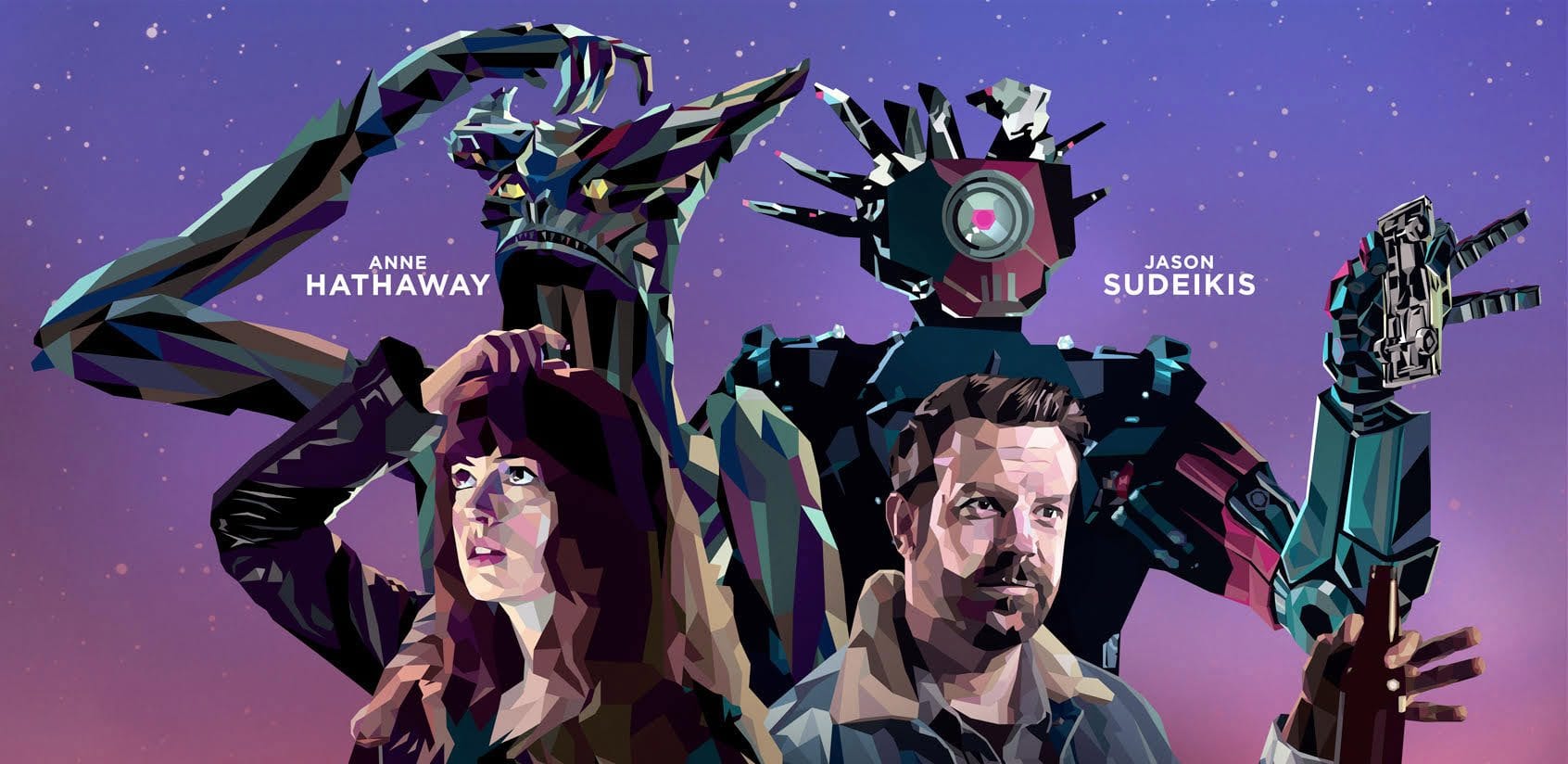
Indie filmmakers, tech startups: Inside the Hollywood disruption machine
What are the projects stepping outside traditional pathways in how movies are viewed and distributed? That’s what we’ve been wondering lately amid a rapidly shifting technology-entertainment landscape.
In previous years, major studios such as The Weinstein Company would be making the biggest bids at Sundance to nab the buzziest debuts. However, this is no longer the case – not only because of Harvey Weinstein‘s fall from grace amid sexual abuse scandals, but also because of new competition from the likes of Netflix, Amazon, Apple, and other tech players.

Rothschild partner and film distribution deal advisor Marc Simon told Variety: “Netflix and other streaming services have been a boon to the indie space in terms of pricing, but it feels like the companies under them are getting squeezed.”
As a result, indie film players are completely changing their strategies, creating new ways to stay afloat. An example of this is CAA agent Micah Green’s new venture 30West, which he co-founded with entrepreneur & producer Dan Friedkin.
The service works with filmmakers to provide guidance & assistance at each stage of its development, providing investment for production, sales, distribution, and licensing in order to ensure product quality and maximum audience reach.

Already 30West has seen success since launching in Spring last year, and this week announced plans to acquire upstart distributor Neon since their collaboration on the theatrical release of awards contender I, Tonya, starring Margot Robbie. As Variety pointed out, “Green’s company is a signal of the tectonic shifts rippling across the landscape of the independent film business.”
Another ripple in the wave of change in the way auteur filmmakers produce and distribute their movies is director Steven Soderbergh with his comedy-crime movie Logan Lucky, about two brothers attempting to pull off a heist during a NASCAR race in North Carolina.
The entire film was an experiment in order to see if filmmakers could cut out the middleman studios in order to have full creative control and make money directly from the film. Logan Lucky came as a result of Soderbergh’s frustration at studios restricting him from making mid-budget movies for adults.

As a way to sidestep any interference, the Erin Brockovich director raised the film’s $29 million budget from overseas pre-sales and sold “everything except the movie showing up in a movie theater” in order to pay for advertising and prints.
Although the film didn’t quite get its due at the box office, it received strong reviews and, more significantly, offered an insight into how directors and producers can retain distribution rights and control: an innovative model, which perhaps needs a bit of tweaking yet.
The issue here seemed to be one of the main hurdles when making a film – finding an audience. That’s where startup Legion M comes in. Hailed as the world’s first fan-owned entertainment company, founders Paul Scanlan (whom you can check out in Film Daily’s interview here) and Jeff Annison launched the project in 2016 to offer indie filmmakers an all-in-one production company and movie studio fully funded by fans – and with fans comes an audience.

Legion M fans have invested in the production studio via equity crowdfunding. They have a say in what the studio choses to make, and then work as a group group to promote the studio’s projects.
So far, the venture has been involved in a variety of television and film projects, including Nacho Vigalondo’s monster-comedy Colossal and horror anthology The Field Guide to Evil. The company is also making its debut at this year’s Sundance Film Festival to premiere the co-produced Mandy, a revenge thriller starring Nicolas Cage.

The way films and TV shows are bought and distributed is transforming, and it appears Legion M saw opportunity in the movement. An early investor, James Riederer, told the LA Times: “I really believe Legion M can make change and bring back the glory days of Hollywood, making film inventive and fun again.”
Although Legion M has received a warm welcome at Sundance, it appears not all festivals are on board with this shifting tide. The infamous Cannes Festival showed its age last year by banning films not released on the big screen from competing for its most prestigious prize, the Palme d’Or.

The move came after unrest about inclusion of Netflix films The Meyerowitz Stories and Okja in competition last year; the Federation of French Cinemas was not happy Netflix’s offerings were not released in French cinemas. Out of this, Cannes launched a rule, to start in 2018, whereby all films competing will be required to have a theatrical release in France.
However, in a wider context it seems the new rule could place restrictions on mid-level movies no longer distributed by Hollywood’s biggest studios. As Inverse pointed out, “It’s harder than ever to get a studio to back an original movie out of the gate . . . . More and more, only when a movie is independently financed and finished do studio execs consider distributing it, and often, that’s just to get their names on Oscar contenders.”
Out of a frustration at this trend and Hollywood’s increasing interest in reboots and blockbuster franchises, it appears the distribution and production landscape is starting to change. Both streaming giants such as Netflix, Amazon, and Hulu, as well as independent production and distributing companies like Legion M and 30West are leading the charge for a new way. The question remains: will the major Hollywood studio companies be able to keep up?







